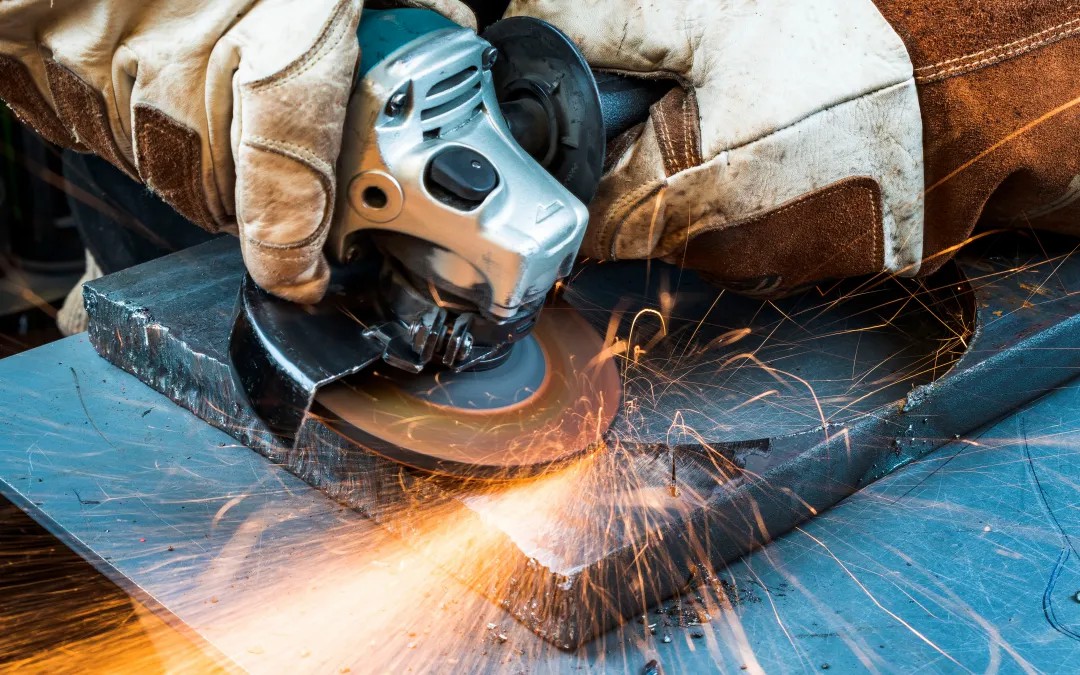Essential Guide to Abrasive Wheels Certification: Mitigating Risks and Workplace Safety in Ireland
Abrasive wheels are essential tools in various industries, but their inherent dangers pose significant risks to operators and those nearby. Understanding these risks and ensuring compliance through Abrasive Wheels Certification is crucial for maintaining a safe work environment. This guide delves into the workplace hazards associated with abrasive wheels, common injuries, and effective strategies for mitigating these dangers.
Understanding Abrasive Wheels: What Are They?
Abrasive wheels are rotating discs used for grinding, cutting, or polishing materials. They are integral to many trades, such as construction, metal fabrication, and woodworking. However, improper handling and usage can lead to severe injuries.
Workplace Hazards Associated with Abrasive Wheels
Identifying the risks linked with abrasive wheels is the first step in promoting safety in the workplace. Some of the primary hazards include:
- Wheel Breakage: Abrasive wheels can shatter during operation, resulting in flying fragments that can cause serious injuries to operators and nearby workers.
- Improper Usage: Using the wrong type of wheel for a specific task or incorrect mounting can lead to accidents.
- Lack of Personal Protective Equipment (PPE): Failing to wear the appropriate protective gear increases the chances of injury during operation.
- Excessive Speed: Operating an abrasive wheel beyond its rated speed can lead to catastrophic failures.
Common Injuries Related to Abrasive Wheels
Injuries from abrasive wheels can vary in severity and can include:
- Lacerations and Cuts: Caused by contact with sharp, rotating surfaces or wheel fragments.
- Eye Injuries: Particles can fly off at high speeds, causing severe eye damage.
- Burns: The heat generated during grinding can lead to skin burns.
- Hearing Loss: Prolonged exposure to the noise generated by abrasive wheels can result in permanent hearing damage.
Best Practices for Mitigating Dangers
Implementing safety measures can significantly reduce the risks associated with abrasive wheels:
- Training: Ensure operators are proficient in handling abrasive wheels through Abrasive Wheels Training. This training is available in places like Dublin, Cork, Galway, and Limerick.
- Regular Inspections: Conduct frequent checks on abrasive wheels to ensure they are intact and suitable for use.
- Follow Manufacturer Guidelines: Always adhere to the specifications and recommendations provided by the wheel manufacturer.
- Ensure Proper PPE Usage: Equip workers with protective eyewear, gloves, and other safety gear to minimize injury risks.
The Importance of Obtaining an Abrasive Wheels Certificate
Obtaining your Abrasive Wheels Certificate is not just a regulatory requirement; it is an investment in safety and professionalism. Here’s why this certification is vital:
- Compliance: Certification ensures compliance with safety regulations in Ireland, reducing the risk of workplace accidents.
- Career Advancement: A formal certification enhances your qualifications and opens doors for advanced job opportunities in various sectors.
- Increased Safety Culture: Certified operators contribute to a stronger safety culture, ensuring teams are more aware of risks and best practices.
Conclusion: Take the Step Towards Safety with Abrasive Wheels Certification
Working with abrasive wheels presents numerous risks, but with proper training, safety equipment, and risk assessments, these dangers can be managed effectively. Obtaining an Abrasive Wheels Certificate in locations such as Dublin, Cork, Galway, Limerick, and Waterford not only enhances safety but also bolsters your career prospects.
If you are interested in enrolling in a certified Abrasive Wheels Course, visit our training page or contact us at [email protected].



 349,500 Offered Certificates
349,500 Offered Certificates
 24/7 Online Training
24/7 Online Training
 Money Back Guarantee
Money Back Guarantee
 Fully Accredited Courses
Fully Accredited Courses
